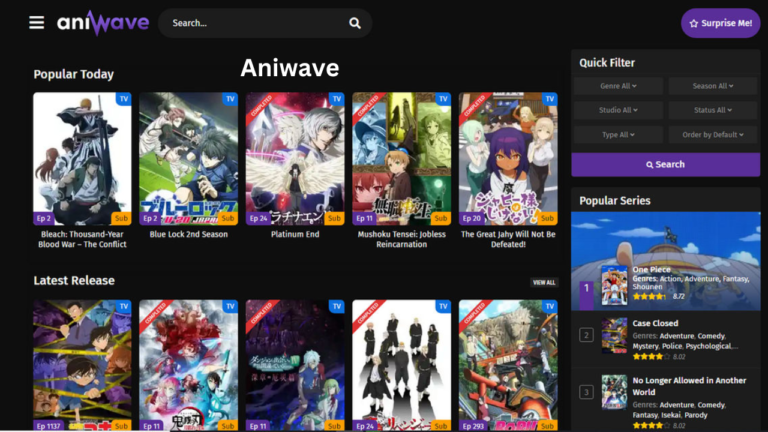
isotonix lawsuit
Introduction: Setting the Stage
In the isotonix lawsuit ever-growing world of health and wellness products, brands are often scrutinized for their claims, marketing strategies, and business practices. Among the industry’s prominent names, Isotonix has garnered attention not just for its innovative supplements but also for the controversies surrounding it. The Isotonix lawsuit has sparked widespread discussion, raising questions about transparency, consumer trust, and ethical business practices. This article delves into the details of the lawsuit, providing a comprehensive overview of the allegations, implications, and lessons for both consumers and businesses.
Understanding Isotonix: A Background Check
Isotonix is a well-known brand specializing in powdered nutritional supplements that are designed to be mixed with water. Marketed as delivering superior absorption and efficacy compared to traditional supplements, Isotonix products have gained popularity among health-conscious individuals. These products are manufactured by Market America, a company that operates under a multi-level isotonix lawsuit marketing (MLM) model. This business structure relies heavily on independent distributors who sell products directly to consumers while recruiting others to join the network.
While Isotonix claims to offer unique health benefits, some critics have raised concerns over the accuracy of these claims. Consumer reviews of Isotonix are mixed, with supporters praising the products’ effectiveness and skeptics questioning their scientific validity. Market America’s MLM model has also drawn scrutiny for its aggressive recruitment tactics and commission-based sales strategies, isotonix lawsuit leading to accusations of exploiting distributors and creating unrealistic financial expectations.
This complex backdrop sets the stage for the legal challenges that have emerged, highlighting the need for thorough investigation and transparency in the health and wellness industry.
The Lawsuit: What Happened and Why It Matters
The Isotonix lawsuit revolves around allegations that touch on false advertising and questionable business practices. The legal case was initiated by a group of plaintiffs who accused Market America of misleading claims about Isotonix products’ health benefits. Central to the lawsuit are claims that the company exaggerated the efficacy of its supplements without providing adequate scientific evidence to support these assertions.
Another key aspect of the lawsuit involves allegations that Market America’s MLM model operates as a pyramid scheme. Plaintiffs argue that the company’s focus on recruitment over product sales exploits distributors, many of whom invest significant sums without achieving the promised financial returns. These allegations have brought increased scrutiny to Market America’s practices, with isotonix lawsuit regulators and consumer protection agencies monitoring the situation closely.
In response to the lawsuit, Market America has issued statements denying the allegations and asserting its commitment to ethical business practices. The company maintains that Isotonix products are backed by research and that its business model complies with legal requirements. However, the lawsuit’s progression highlights the challenges faced by MLM companies in maintaining trust and transparency, especially in an era of heightened consumer awareness.
Impact of the Lawsuit on Stakeholders
On Isotonix and Market America
The lawsuit has undoubtedly impacted Market America’s reputation and operations. Negative publicity surrounding the case has raised questions about the isotonix lawsuit credibility of Isotonix products, potentially affecting sales and customer loyalty. Legal expenses and potential settlements also pose financial challenges for the company, which may need to reevaluate its marketing strategies and business model to restore consumer trust.
On Distributors and Customers
For distributors, the lawsuit has created uncertainty about the long-term viability of their businesses. Many rely on Market America for income and have expressed concerns about isotonix lawsuit the fallout from these allegations. Customers, meanwhile, may feel hesitant to purchase Isotonix products, fearing that the claims about their efficacy might be unfounded. This erosion of trust could have a lasting impact on both the brand and its consumer base.
On the Industry
The Isotonix lawsuit has broader implications for the health and wellness industry, particularly for companies operating under MLM models. The case has intensified scrutiny of MLM practices, prompting regulators to enforce stricter oversight. It also serves as a cautionary tale for other businesses, emphasizing the importance of adhering to ethical standards and ensuring that product claims are backed by solid evidence.
Lessons and Takeaways
The Isotonix lawsuit underscores the importance of transparency and accountability in the health and wellness sector. Consumers should exercise caution when evaluating product claims, particularly those that seem too good to be true. Researching the company, reading independent reviews, and consulting healthcare professionals can help individuals make informed decisions.
For businesses, the lawsuit highlights the need to prioritize honesty and scientific validity in marketing strategies. Companies should ensure that all health claims are supported by robust evidence and that their business models are designed to benefit all stakeholders, not just a select few. By isotonix lawsuit fostering trust and maintaining ethical practices, businesses can build lasting relationships with consumers and distributors.
Conclusion
The Isotonix lawsuit serves as a reminder of the complexities and challenges inherent in the health and wellness industry. While Isotonix and Market America continue to navigate the legal and reputational implications of the case, the broader lessons extend to all consumers and businesses. Transparency, accountability, and ethical practices are essential for building trust and ensuring long-term success in this competitive sector.
FAQs About the Isotonix Lawsuit
What is the Isotonix lawsuit about?
The lawsuit involves allegations of false advertising and claims that Market America’s MLM model operates as a pyramid scheme.
Who filed the lawsuit, and against whom?
The lawsuit was filed by a group of plaintiffs against Market America, the parent company of Isotonix.
What are the primary allegations in the lawsuit?
The allegations include misleading health claims about Isotonix products and unethical business practices within the MLM model.
How has Isotonix responded to the lawsuit?
Market America has denied the allegations and stated that its products and business model comply with legal and ethical standards.
What does this lawsuit mean for MLM participants?
The lawsuit raises questions about the sustainability and fairness of MLM models, prompting distributors to reassess their involvement.
Are there ongoing legal proceedings?
Yes, the case is under legal review, and its resolution will depend on court findings and potential settlements.
What precautions should consumers take?
Consumers should research product claims, consult experts, and be cautious of aggressive marketing tactics when dealing with MLM health products.
You May Also Read: https://techwhicher.com/boogie-boards/






